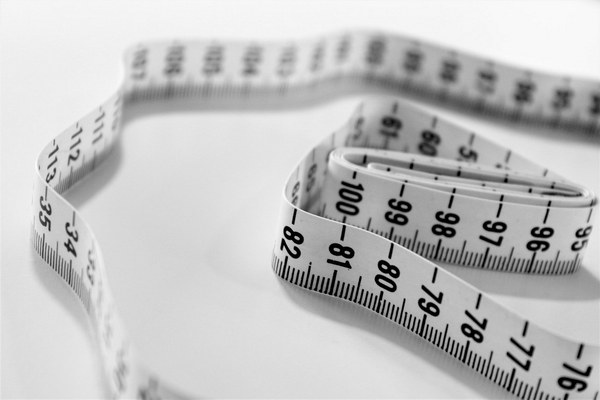Revitalize Your Midlife A Comprehensive Guide to Boosting Middle-Aged Vitality
In the hustle and bustle of middle age, it's not uncommon to find oneself feeling physically weary and rundown. The demands of career, family, and personal life can take a toll on our bodies, leading to a general sense of fatigue and weakness. However, with the right approach, it's possible to revitalize your middle-aged vitality. Here's a comprehensive guide to help you boost your energy levels and improve your overall well-being.
1. Embrace a Balanced Diet
The foundation of good health starts with a balanced diet. As you age, your nutritional needs may change. Ensure you're getting a variety of vitamins, minerals, and antioxidants to support your body's energy levels.
- Increase Protein Intake: Protein is essential for muscle repair and maintenance. Incorporate lean meats, fish, eggs, dairy, legumes, and plant-based proteins into your diet.
- Load Up on Fruits and Vegetables: These are packed with essential nutrients, fiber, and antioxidants that can help combat oxidative stress and improve energy levels.
- Stay Hydrated: Dehydration can lead to fatigue. Aim to drink at least 8 glasses of water a day, and consider herbal teas or infused water for variety.
2. Regular Physical Activity
Physical activity is crucial for maintaining vitality. It not only helps improve cardiovascular health but also boosts your mood and energy levels.

- Aerobic Exercise: Activities like brisk walking, jogging, swimming, or cycling can increase your heart rate and improve overall stamina.
- Strength Training: Muscle mass tends to decline with age, so incorporating strength training exercises can help maintain muscle tone and strength.
- Flexibility and Balance: Practices such as yoga or tai chi can improve flexibility and balance, reducing the risk of falls and injuries.
3. Prioritize Sleep
Quality sleep is vital for rejuvenation and energy restoration. Aim for 7-9 hours of sleep per night and create a relaxing bedtime routine to signal your body it's time to wind down.
- Create a Sleep-Conducive Environment: Keep your bedroom cool, dark, and quiet. Consider using blackout curtains or a sleep mask.
- Limit Screen Time: Reduce exposure to screens at least an hour before bedtime to avoid disrupting your sleep cycle.
- Relaxation Techniques: Techniques like deep breathing, meditation, or progressive muscle relaxation can help you relax and fall asleep more easily.
4. Manage Stress
Chronic stress can lead to physical and mental fatigue. Finding effective stress management techniques can significantly improve your energy levels.
- Mindfulness and Meditation: These practices can help you stay grounded and calm, reducing the impact of stress on your body.
- Social Support: Maintain a strong support network of friends and family who can offer emotional support and a listening ear.
- Hobbies and Interests: Engage in activities you enjoy to provide a healthy outlet for stress relief.
5. Regular Health Check-Ups
As you age, it's important to keep up with regular health check-ups to detect and manage any underlying conditions that could contribute to fatigue.
- Blood Tests: Regular blood tests can help identify nutritional deficiencies or other health issues.
- Physical Exams: Regular physical exams can help monitor your overall health and catch any problems early.
By incorporating these strategies into your daily life, you can effectively combat the symptoms of middle-aged fatigue and weakness. Remember, it's never too late to start taking care of yourself. With dedication and a holistic approach, you can revitalize your middle-aged vitality and enjoy a more energetic and fulfilling life.









